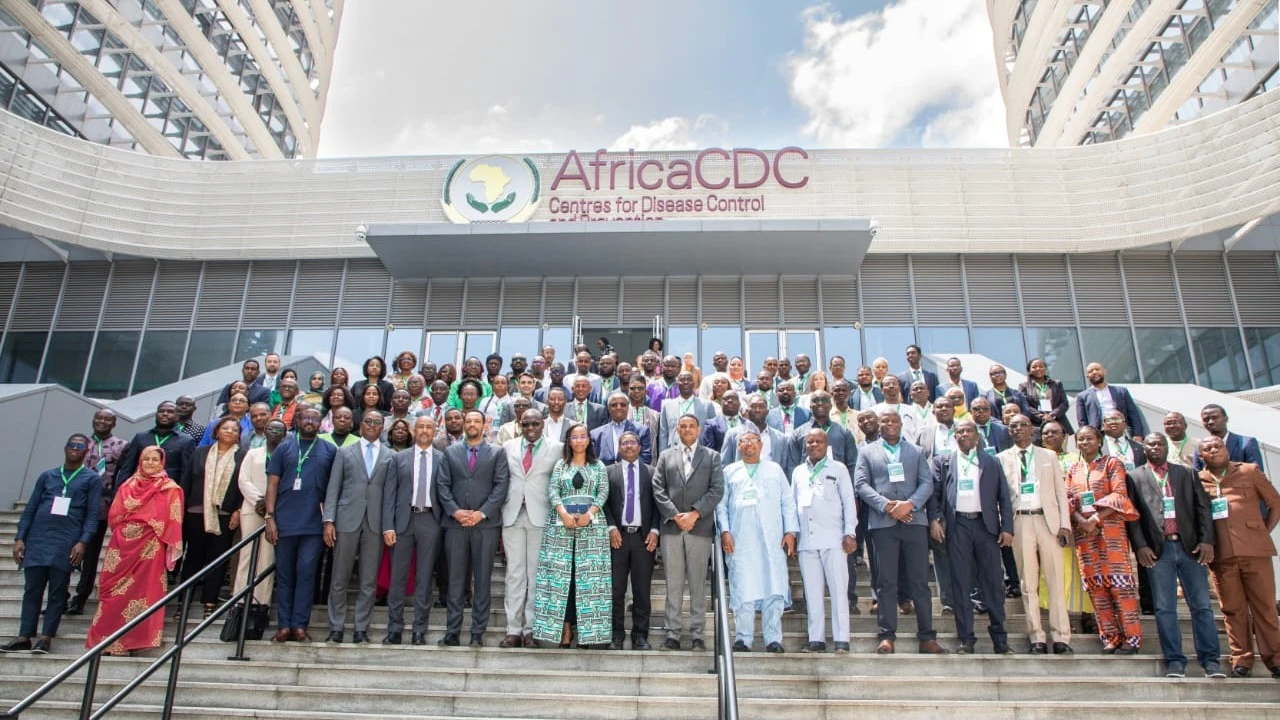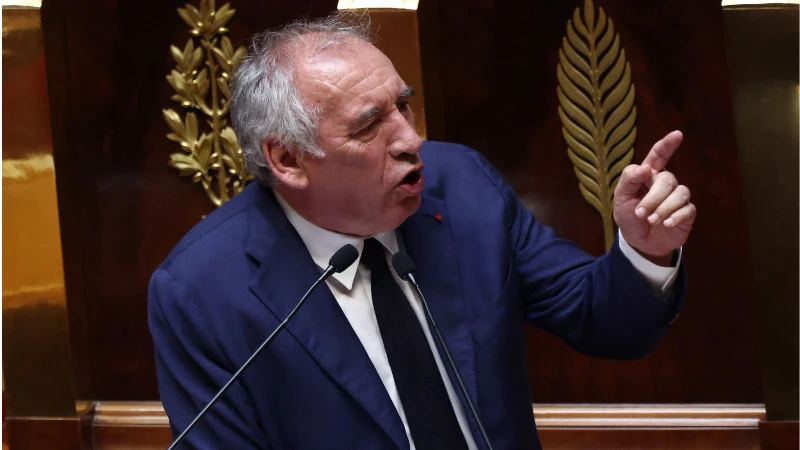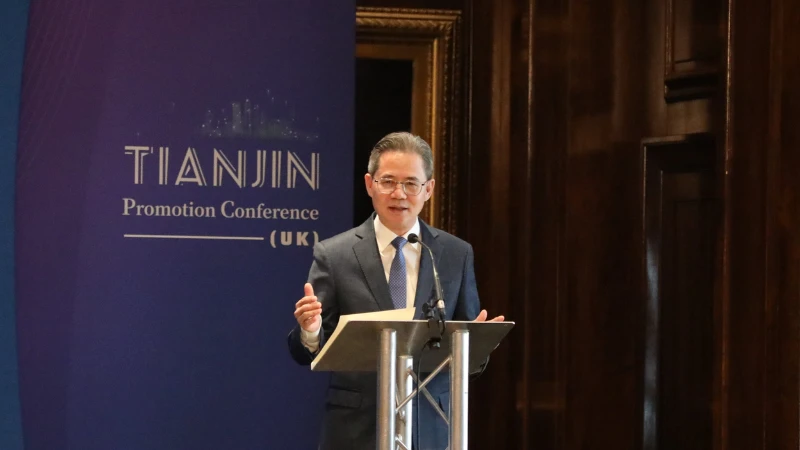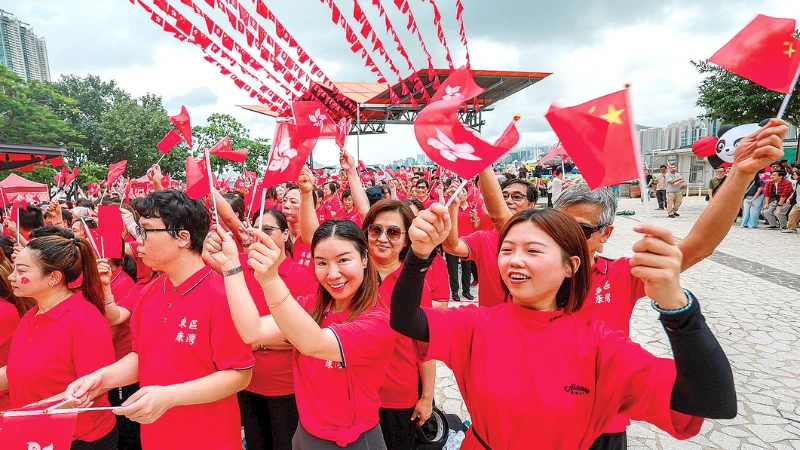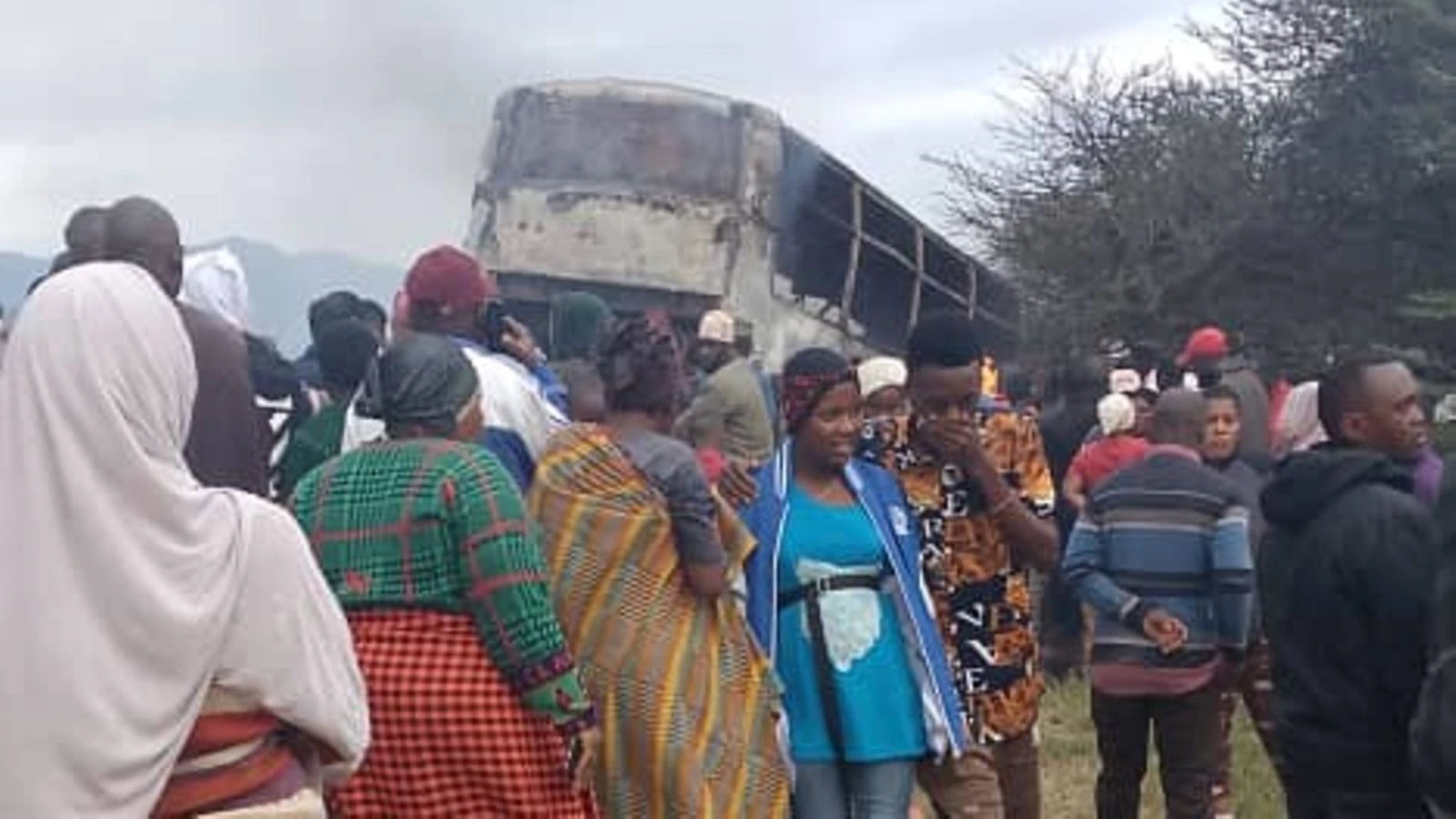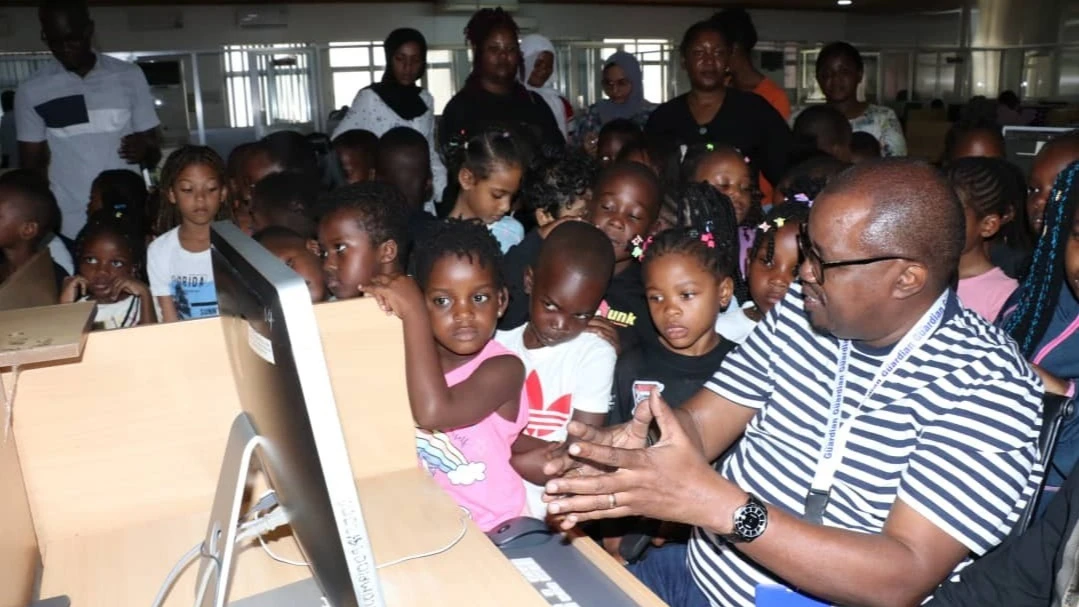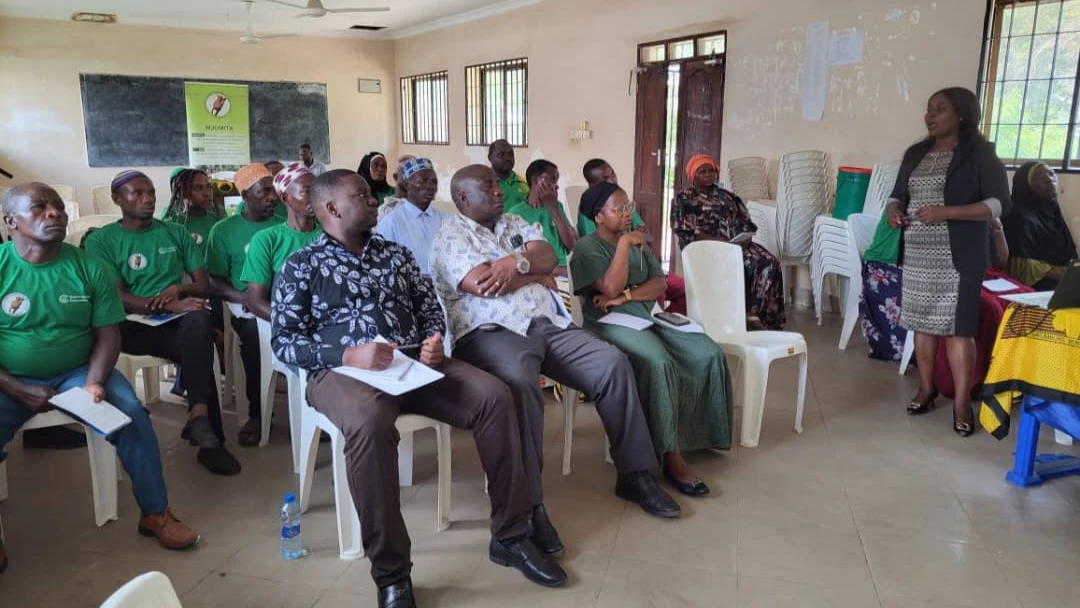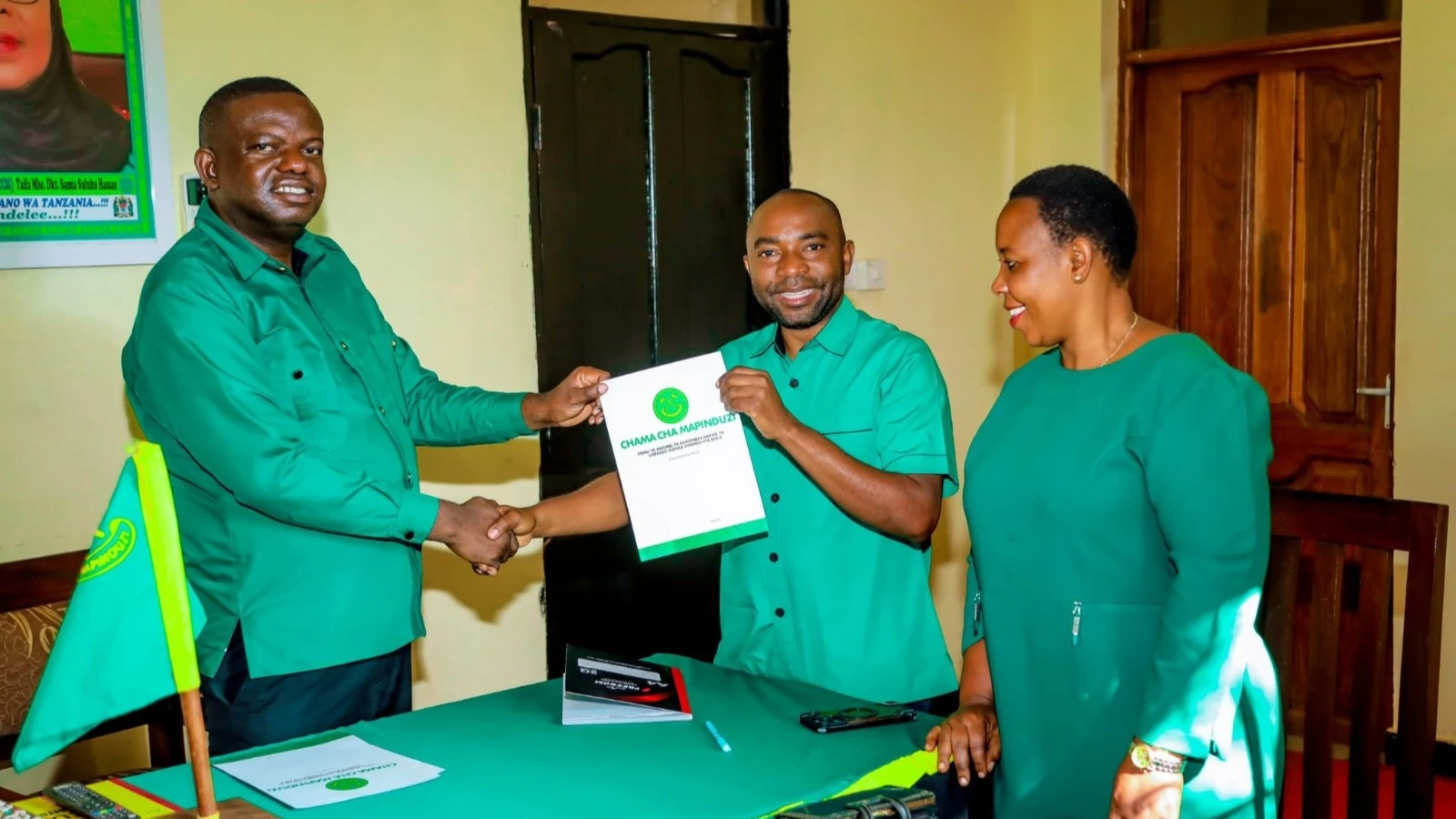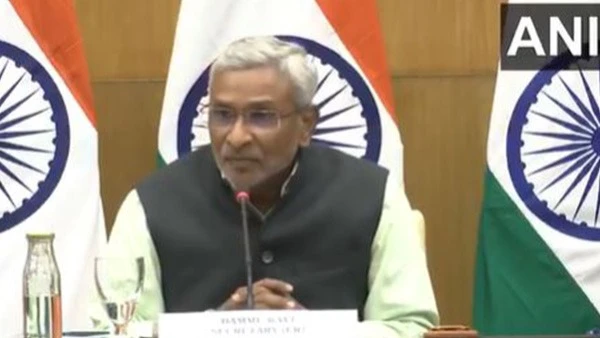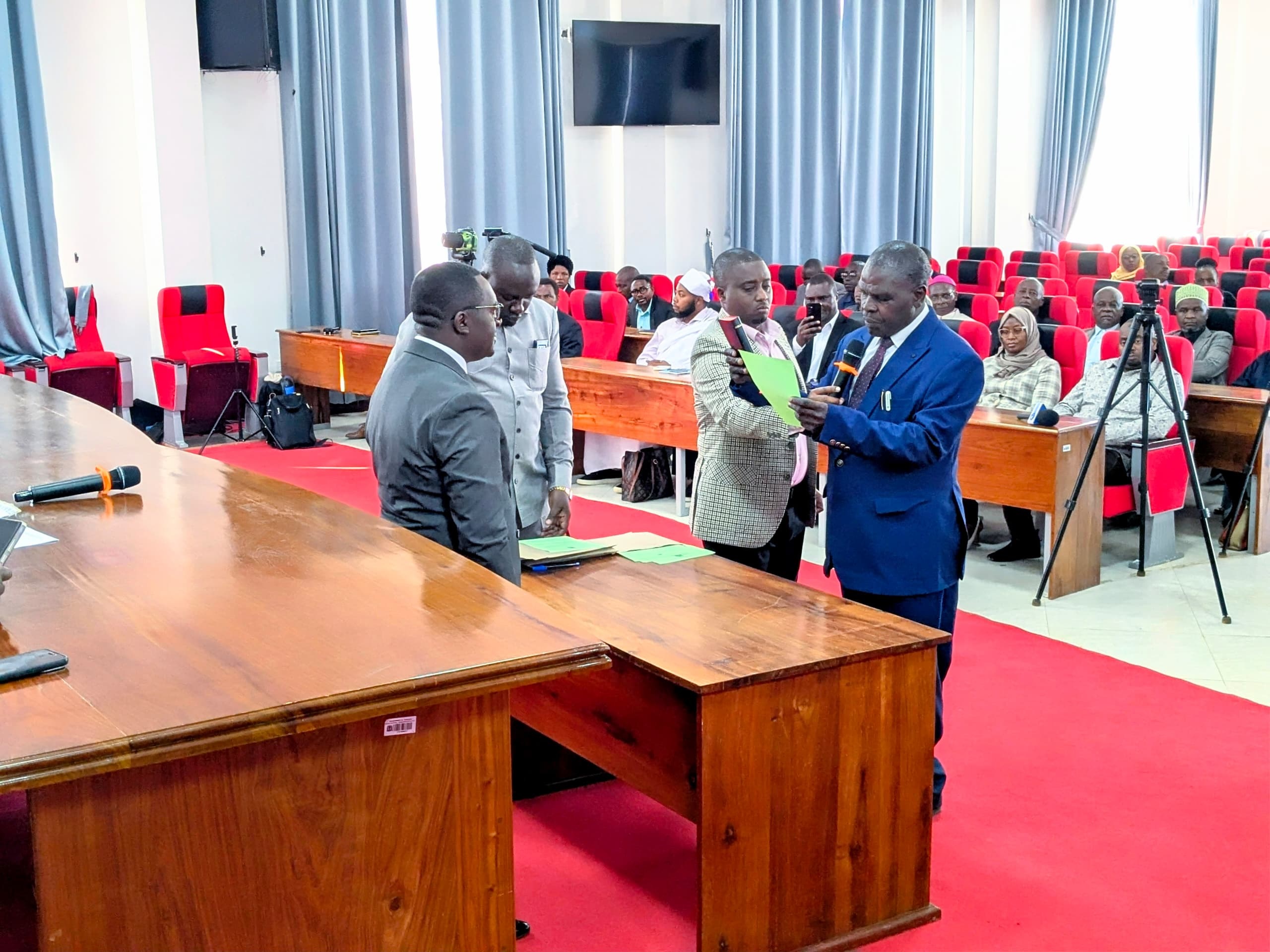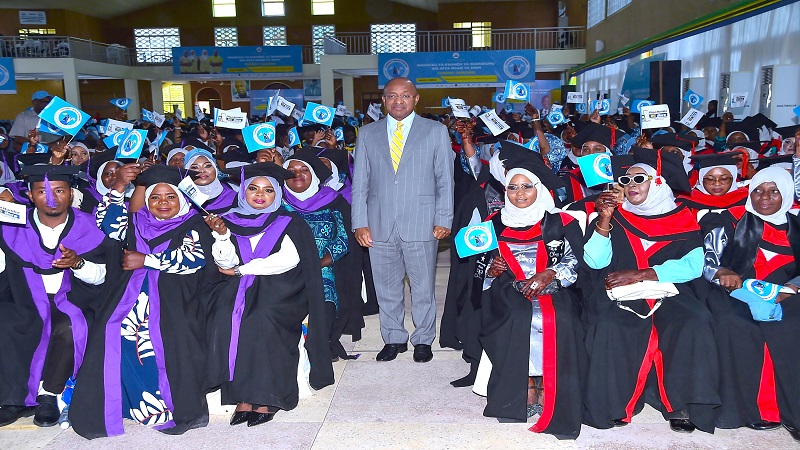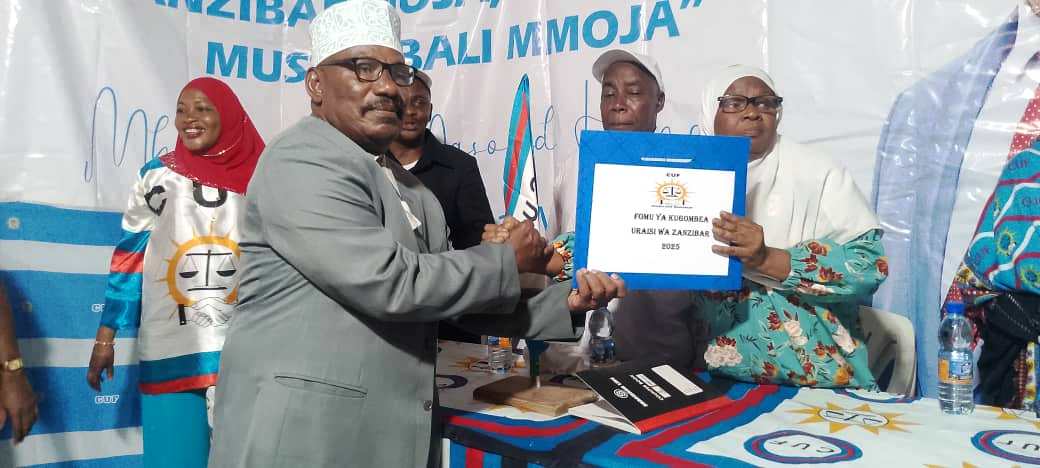DRC, Rwanda sign historic peace deal marking regional hope

THE recent signing of the peace agreement between the Democratic Republic of the Congo (DRC) and the Republic of Rwanda, held at the U.S. Department of State in Washington, has been hailed by many as a historic milestone.
This event, which took place on June 27, 2025, marks the culmination of persistent efforts to bring an end to years of conflict and instability that have deeply affected millions in the Great Lakes region.
The ceremony itself was a powerful moment, reflecting not only diplomatic achievement but also the hopes of countless individuals and communities yearning for peace. After more than three decades of conflict that have devastated millions, this accord offers a glimmer of hope for the Great Lakes region—a region long marred by violence, displacement, and economic stagnation.
The presence of high-profile figures such as Secretary of State Marco Rubio, African Union Chairperson Mahmoud Ali Youssouf, and key mediators from Qatar and Togo underscores the international significance of this moment.
Yet, while the ceremony marked a hopeful new chapter, a deeper and more nuanced look reveals that peace on paper does not always translate to peace on the ground, and significant challenges remain.
The essence of the agreement centers on several critical components: the establishment of a joint security coordination mechanism between the DRC and Rwanda, the neutralization of armed groups such as the FDLR (Democratic Forces for the Liberation of Rwanda), the disengagement and conditional integration of rebel forces, and the facilitation of refugee returns.
The commitment to economic cooperation, including partnerships with American investors, also signals an intention to foster sustainable development alongside peace. Foreign Minister Olivier Nduhungirehe of Rwanda emphasized that the agreement is built on months of sustained negotiation, with Qatar playing a crucial mediating role, especially regarding the ongoing dialogue with the M23 armed group.
Meanwhile, DRC Foreign Minister Thérèse Kayikwamba Wagner eloquently reminded audiences of the deep scars left by past conflicts, cautioning that while peace is a choice, it is also a profound responsibility—one that requires courage, consistent political will, and respect for human rights.
Secretary Rubio’s remarks, praising the leadership of the Trump administration and highlighting the Department of State’s role as the “department of peace,” reflected a palpable optimism.
The acknowledgment of challenges ahead, paired with enthusiasm for an upcoming summit of the heads of state, suggested a roadmap not only for implementing the current agreement but for forging deeper regional ties.
Still, the atmosphere of celebration and diplomatic success must be balanced against the realities faced by those living in the conflict zones—realities that critics argue are too easily overlooked.
Voices from within and around the region offer a sobering counterpoint to the official optimism. Among these is Lugete Mussa Lugete, a respected historian and news commentator based in Dar es Salaam, Tanzania. Drawing on his deep understanding of the region’s complex history, Lugete highlights that while the agreement signifies progress, it risks being another iteration in a long series of accords that have failed to deliver tangible peace.
“We have seen time and again that agreements signed far from the affected communities often lack the mechanisms and political will to address the entrenched local realities,” Lugete observes.
His concerns revolve around the persistent power and influence of insurgent groups like the M23 and FDLR, which continue to control significant territories in eastern DRC despite diplomatic efforts. This continued insurgency fuels instability, undermining confidence in the ability of both governments to enforce the agreement and protect civilians.
Lugete further reflects on the social dimension of peace, cautioning against what he terms “elite-driven” agreements. “Peace that is imposed or brokered without meaningful inclusion of local communities, particularly women and displaced persons, risks perpetuating the cycle of exclusion and resentment,” he notes.
The message from women’s organizations in Kinshasa, cited by Minister Wagner during the signing ceremony, resonates here: peace must be “real, lived, shared, and built” with those most affected by the conflict. This call for grassroots involvement highlights a fundamental tension in peace processes—balancing high-level diplomacy with the urgent needs and voices of everyday citizens who have borne the brunt of violence and displacement.
The issue of implementation looms large. As the agreement takes effect immediately upon signature, the real work begins in earnest. This includes the disengagement of armed forces, the neutralization of militias, and the creation of a secure environment conducive to the safe return of refugees.
Yet, critics question whether the political and military leadership on both sides can follow through on these commitments in good faith. The situation in eastern DRC remains volatile, with rebel factions deeply embedded in local communities, economies, and even political structures. These groups benefit from complex networks of illegal trade and cross-border alliances, complicating efforts to dismantle them.
Moreover, questions persist about Rwanda’s defensive posture and its historical involvement in eastern Congo. While the agreement includes a commitment to lift Rwanda’s defensive measures in tandem with the neutralization of the FDLR, skeptics point out that such moves require a level of trust and transparency that has been elusive.
For many, the peace agreement is a promising framework, but one that demands rigorous, independent monitoring and enforcement mechanisms to prevent backsliding.
Beyond security, economic cooperation offers a hopeful dimension of the agreement. The promise to enhance trade and investment ties, particularly involving American companies, could potentially transform regional economies if realized.
Such development initiatives may create incentives for peace by providing alternatives to conflict-driven economies. However, without addressing the immediate humanitarian crises—displacement, food insecurity, and trauma—the economic benefits risk remaining abstract and inaccessible to the populations most in need.
The international partners involved, including the African Union, Qatar, and Togo, bring credibility and resources to the table, reinforcing the principle of African ownership of peace processes.
Their role in facilitating dialogue and supporting implementation is vital. However, the multiplicity of actors also introduces challenges in coordination and sustained engagement. Past experiences have shown that diplomatic momentum often wanes once the spotlight fades, and long-term commitment becomes uncertain.
In this context, Lugete and other critics emphasize the importance of continuous engagement from civil society and independent media. They argue that sustained public scrutiny and pressure are essential to hold governments accountable. Without transparency and genuine dialogue at every level, peace agreements risk becoming paper promises that fail to translate into everyday security and stability.
The DRC-Rwanda peace agreement represents a critical step forward in a region desperate for stability and recovery. It symbolizes the culmination of months of diplomatic efforts and the willingness of key stakeholders to confront painful historical legacies and entrenched hostilities.
Hitherto, the journey from signature to sustained peace is fraught with hurdles. The ongoing presence of armed insurgents, skepticism from local populations, and the immense task of rebuilding trust and institutions underscore the fragility of the moment.
Peace, as Foreign Minister Wagner reminded the audience, is not simply an endpoint but an ongoing process—one that requires more than agreements; it demands action, accountability, and inclusion.
The voices from Dar es Salaam, echoed by Lugete Mussa Lugete, serve as a vital reminder that true peace must reach beyond the halls of international diplomacy into the lives of those who have endured war’s harsh realities for decades.
As the region looks ahead to the forthcoming summit of heads of state in Washington, the world watches not only for the promises made but for the tangible changes that will show whether this peace can be real, lasting, and transformative.
The hope is that this historic agreement will not become just another chapter of well-intentioned words but rather the foundation for a future where dignity, security, and opportunity replace conflict and fear.
Top Headlines
© 2025 IPPMEDIA.COM. ALL RIGHTS RESERVED











